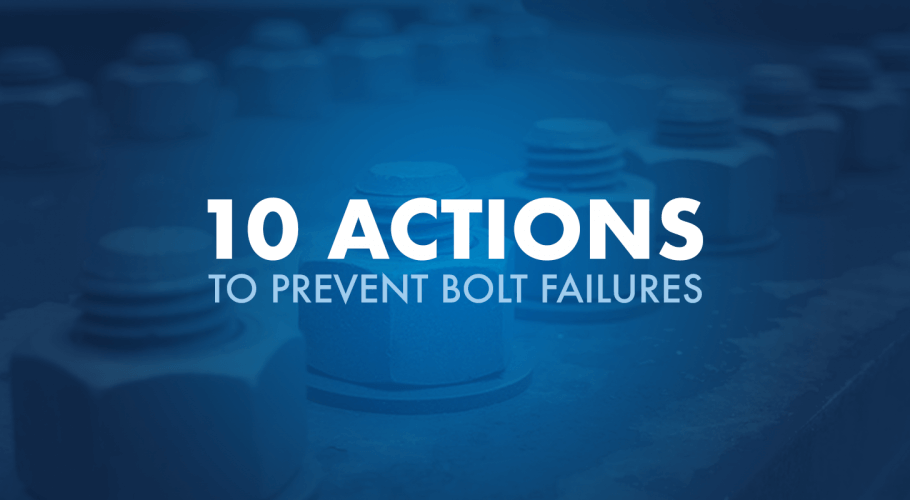
Although bolts are the smallest elements to a structure, they are still extremely important in assuring each application is safe, secure, and reliable. To demonstrate how important these elements are, back in 2001 a plane crashed into a North-East airport after a bolt was missing, which caused a locking failure in the landing gear. This terrible crash highlights just how important and crucial it is to get each element correct to maintain the safety and efficiency of operations.
Failure to adhere to correct bolting practices and manufactures guidelines can cause bolt failures to occur, leading to fires, leaks, and sometimes fatal accidents as mentioned above. The resultant effects of improper bolting techniques are serious, which is why it is imperative the correct Training is followed, and certified tools are used. Which is why, as specialists in controlled bolting, HTL Group delivers a full suite of accredited Training and have trained technicians that service, repair and calibrate bolting tools in an approved laboratory.
Bolts that have been torqued incorrectly may fail due to fatigue that has been caused by any of the below situations:
You can reduce the chances of fatigue-related bolt failure by evaluating each bolt individually and by considering each of the following steps:
If you are concerned about bolt failure in any circumstance, HTL Group is here to help. We understand the critical nature of bolts, and the techniques required to ensure accuracy on installation, through to maintenance.
To get support for your bolting applications, simply contact us today and our friendly team will be happy to help, info@htlgroup.com.